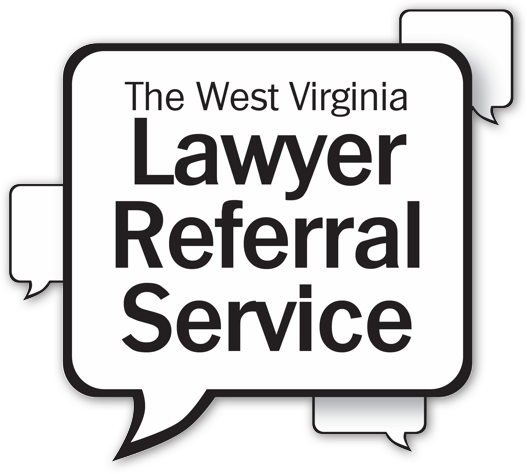Utilities Law involves all aspects of the economic regulation of public utilities by agencies of federal, state and local government.
Traditional public utilities include suppliers of electricity, telecommunications, natural gas, cable television, sewer and water. In each case, the government has decided that because of the unique characteristics of these industries, the public interest is best served by limiting competition and subjecting the providers to close government regulation.
Practitioners typically represent utilities, utility customers, or consumer advocacy groups. The practice includes litigation before regulatory agencies where utilities seek licenses, permits or approvals related to various activities and also includes appeals of final regulatory orders to appellate courts.
The litigation includes utility rate cases in which the utility is requesting approval of an increase in its rates; and Certificate of Public Convenience & Necessity (CPCN) cases in which the utility is requesting approval to build new utility infrastructure.
The cases follow several different formats: a traditional civil trial initiated by a formal petition or application; a formal investigation of improper conduct initiated by the regulatory agency; or legislative type rulemaking proceedings to adopt new rules by the agency.
The practice also involves transactional work typically involving the purchase and sale of utility services, utility assets or the utility itself; or the financing of new utility infrastructure.
Finally, the practice involves proactive counseling of utilities and other interested parties regarding compliance with federal, state and local utility laws and regulations.

Get a 30-minute consultation from a local, qualified lawyer for $25 or less.
Request a lawyer onlineOr call and speak with a volunteer lawyer.
Tuesday
6:00 p.m. - 8:00 p.m.
